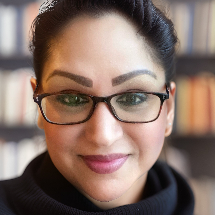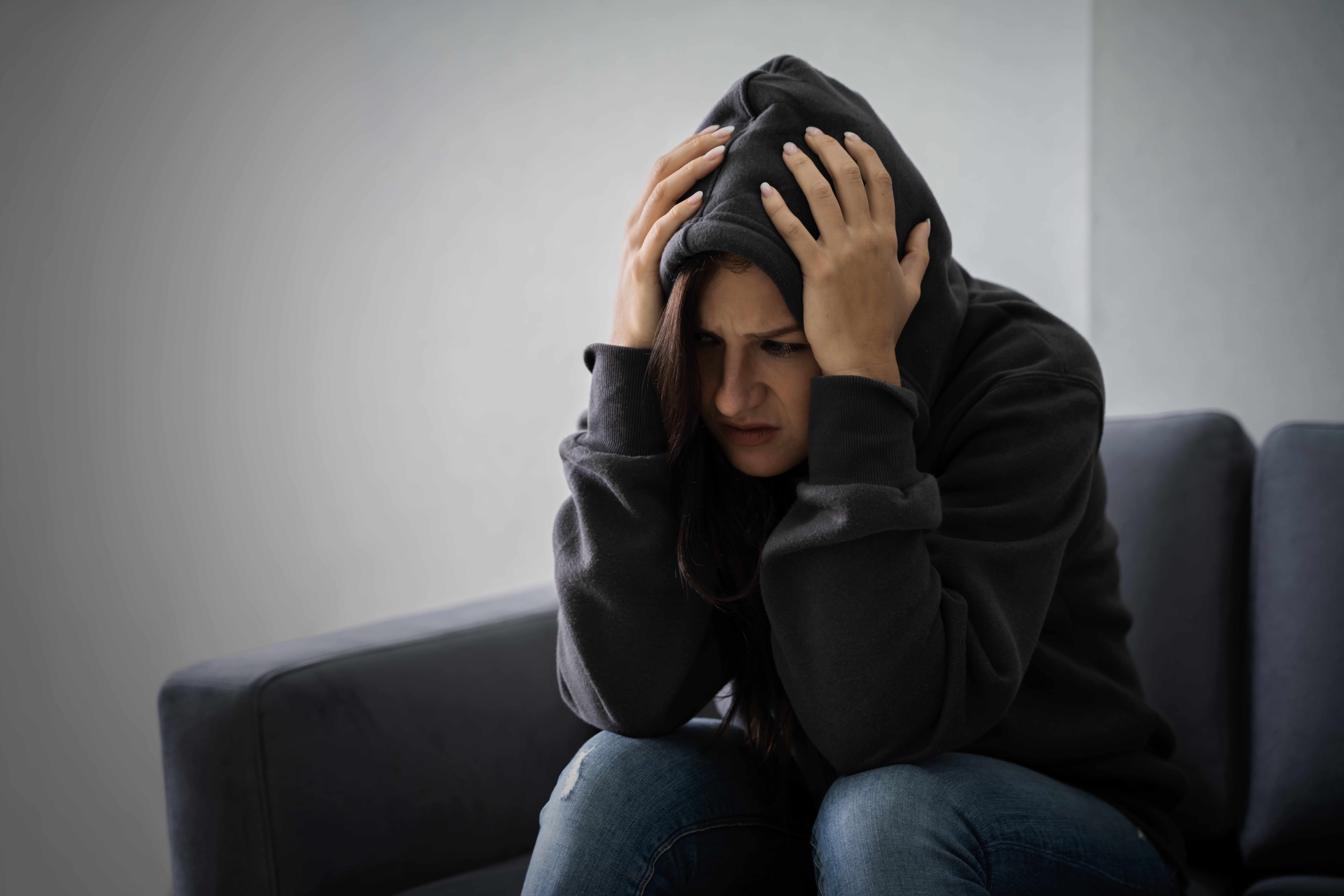Withdrawal



We often joke about going through withdrawal from a specific person, food, or TV show. While withdrawal describes something being removed or taken away, it also specifically refers to a set of symptoms a person can experience upon stopping an addictive substance or behavior, such as drugs, alcohol, and gambling.
What is drug / alcohol withdrawal?
Drug and alcohol withdrawal occurs when a person stops using drugs or drinking after a period of regular use.
Withdrawal is one of the diagnostic criteria for a substance or alcohol use disorder since it is a sign that a person has become physically and/or psychologically dependent. Withdrawal is often what keeps a person trapped in addiction because one of the quickest ways to relieve withdrawal is to use or drink again. Many will continue drugs and alcohol not for the positive, pleasurable effects, but for avoiding the negative effects of withdrawal.
A person does not necessarily have to be an “addict” or “alcoholic” to experience withdrawal and not everyone will experience withdrawal symptoms.
Common Withdrawal Symptoms
Symptoms can be both physical and psychological. Symptoms and intensity of symptoms vary from person to person. Age, how long someone has been using drugs or alcohol, how much and how frequently, and more are factors for withdrawal.
- Nausea
- Vomiting
- Sleep Disturbances (e.g. insomnia)
- Agitation, irritability
- Anxiety
- Depression
- Discomfort (malaise)
- Muscle aches
Why is withdrawal so uncomfortable?
Withdrawal is so uncomfortable because the body adapts to the drug being present and it takes time for the body to readjust when the drug is no longer present. Withdrawal symptoms typically are the exact opposite of symptoms felt from the drug. For example, if a drug relaxes your system, you may feel anxiety and irritability upon stopping the drug.
Explore undefined Treatment Centers
Can you die from withdrawal?
The short answer is yes, you can die from withdrawal. However, most substances produce uncomfortable, non life-threatening symptoms. Alcohol and benzodiazepines are substances that can be very dangerous to stop “cold turkey” or abruptly, so it’s important to be under medical supervision for alcohol and benzodiazepine detox.
Resources
https://www.who.int/substance_abuse/terminology/withdrawal/en/
Our Promise
How Is Recovery.com Different?
We believe everyone deserves access to accurate, unbiased information about mental health and recovery. That’s why we have a comprehensive set of treatment providers and don't charge for inclusion. Any center that meets our criteria can list for free. We do not and have never accepted fees for referring someone to a particular center. Providers who advertise with us must be verified by our Research Team and we clearly mark their status as advertisers.
Our goal is to help you choose the best path for your recovery. That begins with information you can trust.






